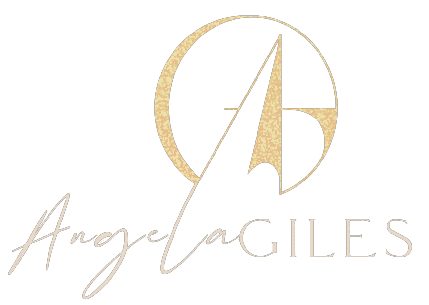We may earn money or products from the companies mentioned in this post.
I always say that mindset is the key to getting through financial challenges, but it’s not really enough. So, aside from improving our mindset and working harder to earn more money, is there anything else we can do? To get through financial troubles, we also need to take action.
There are tons of ways to streamline our budget and resolve money issues. Here’s a financial strategy that might help you. Debt consolidation! Basically, it means rolling multiple debts into one single payment. It’s not for everyone, though. Are you a candidate for debt consolidation?
What is Debt Consolidation?
Debt consolidation merges several small debts into one enormous debt paid off with a single loan. It’s an option for people experiencing high-interest credit card debts and other debts.
A debt consolidation plan can make your life easier if you can no longer deal with several bills and deadlines from different companies. However, it also comes with risks.
Are you a Candidate for Debt Consolidation?
Debt consolidation is not for everyone, but it may be your best bet if you have:
- A considerable debt, but it doesn’t exceed 50% of your income
- A good credit score that can help you qualify for a low-interest loan
- A cash flow that consistently covers your monthly debt services
- A plan to improve your finances and avoid debt in the future
The Pros and Cons
Pros
It may reduce interest rates. Interest rates vary, depending on the term length, loan amount, and other factors. With the right debt consolidation plan and improved credit card score, you’re most likely to get lower rates, less than the average 20% high-interest credit card rate.
It may reduce monthly payments. Again, there’s no guarantee, but your monthly payments will likely decrease because of the extended loan term. This also reduces the chances of you missing future payments since you no longer have to deal with multiple deadlines.
You’ll be able to pay your debt a lot faster and improve your credit score. Dealing with lesser interest rates means you can save more money each month. If you want, you can save a little bit more and pay off your debt earlier. Making consistent payments and paying way ahead of time can improve your credit score over time.
Cons
It may increase your interest rate. Getting a debt consolidation loan is only favorable if your credit score is high enough to qualify for lower interest rates.
You need to pay more fees. Debt consolidation can be an excellent financial strategy for some, but it’s not for everyone who cannot or doesn’t want to pay for additional costs such as balance transfer fees and annual fees.
You’ll pay more interest over time. Interest will still accumulate over time, despite you having lower monthly payments. Before finalizing your loan, check if you can afford to pay in an extended amount of time.
You’ll pay more interest over time. Interest will still accumulate over time, despite you having lower monthly payments. Before finalizing your loan, check if you can afford to pay in an extended period.
It’s not a solution to your financial problems. A debt consolidation plan doesn’t address the root of your financial issues. At some point, you may even feel like you don’t have any problems, pushing you to spend more. You wouldn’t want to find yourself in deeper debt.
Is a Debt Consolidation Loan for You?
There is a solution, and it may or may not be a debt consolidation loan. The first thing you need to do is research and talk to the professionals who can help you out. Despite the convenience a loan brings, there’s still plenty of factors that you may not initially understand.
What’s important is that you have a plan in place. Reach out to people who can help you. Want to learn more about debt consolidation? Click here.




